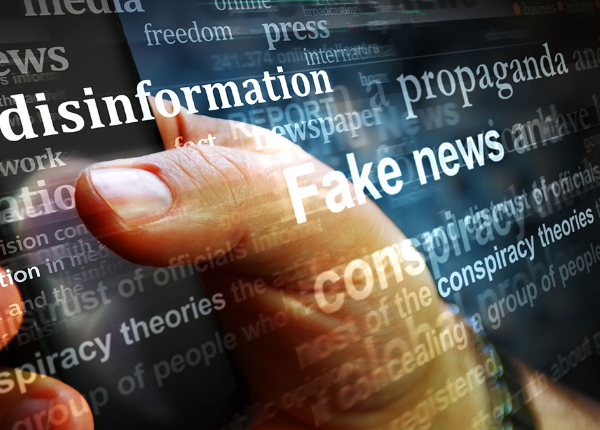In recent years, some news organizations have been applying algorithms to automatically generate news. For example, the Associated Press has started to automate the production of its quarterly corporate earnings reports. News organizations are using automation to create content on a large scale to save time and money and potentially with fewer errors than human journalists.
Journalists are often criticized for their biased reporting. It is widely debated that biased reporting contributes to create division among people. In such situations, it can be assumed that news produced by nonhuman actors will be perceived as less biased.
Franklin Waddell, assistant professor in the College of Journalism and Communications at the University of Florida, conducted an experiment study with 612 participants to understand readers’ outlook toward automated news.
Results showed that news written by machine and human sources in tandem would elicit more favorable credibility outcomes than a human or machine source in isolation. Direct forms of attribution, such as acknowledging automation on the byline of a news article, can have positive effects on message credibility when listed alongside traditional human authors.
The author said, “For journalists coping with questions of media bias, it appears that highlighting the role played by automation in their work may augment the credibility of the news products that they create.”
To read the full text of the study:
Waddell, T. F. (2019). Can an Algorithm Reduce the Perceived Bias of News? Testing the Effect of Machine Attribution on News Readers’ Evaluations of Bias, Anthropomorphism, and Credibility. Journalism & Mass Communication Quarterly, 96(1), 82-100.








